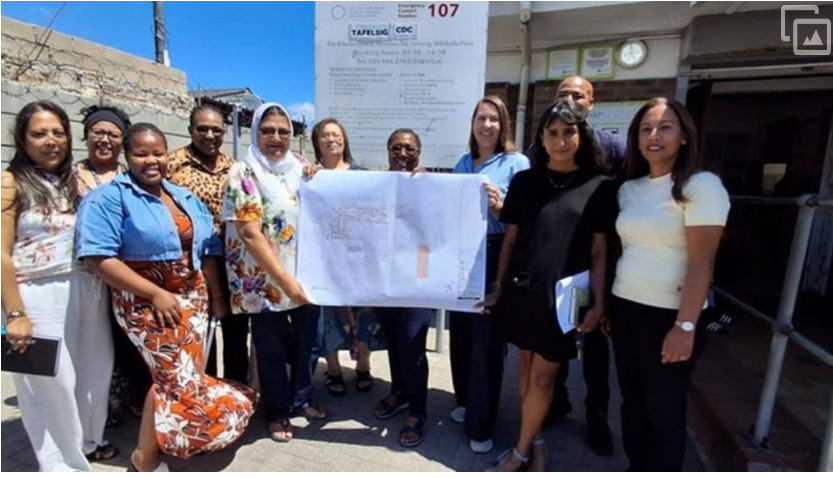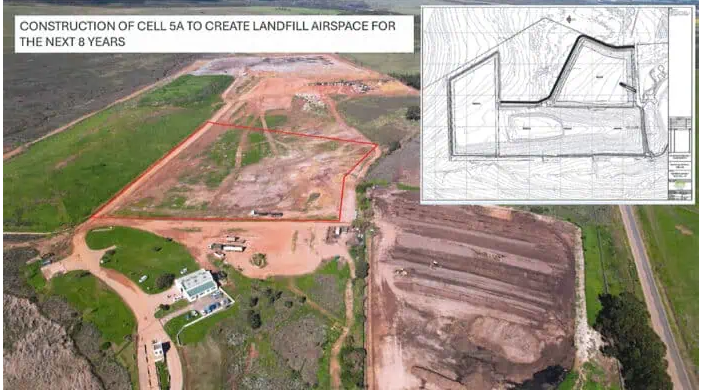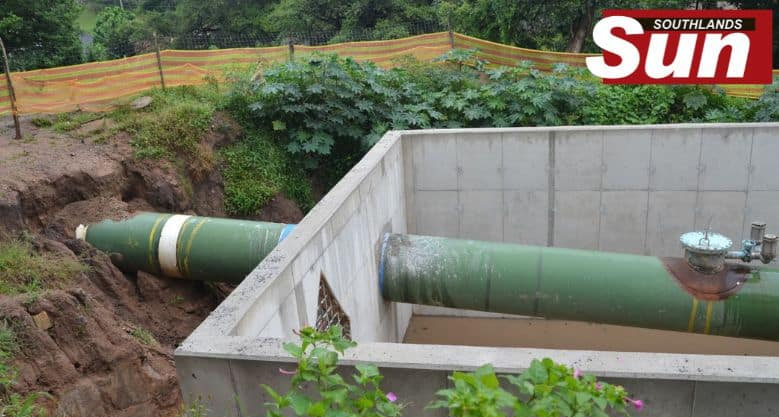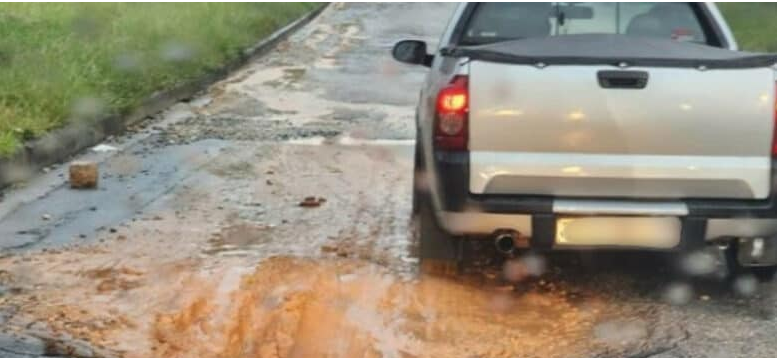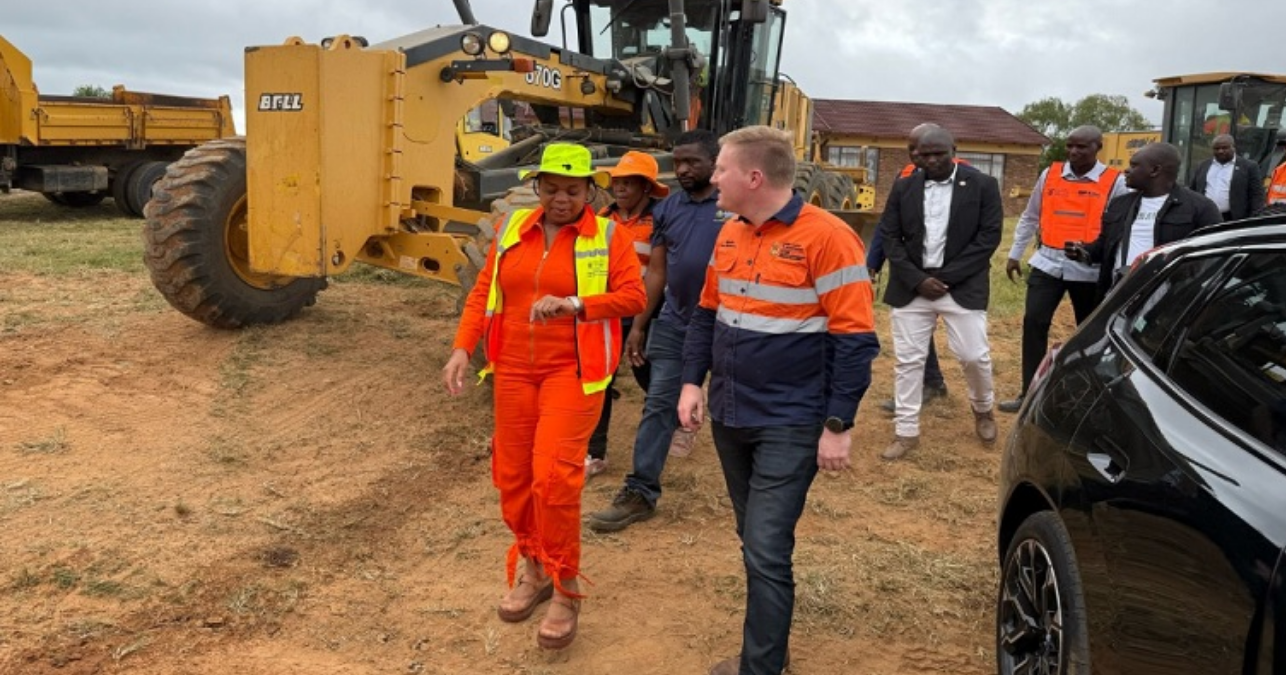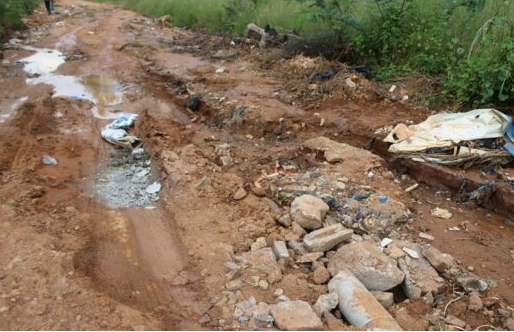Residents accuse metro of neglect as roads fall into dangerous disrepair
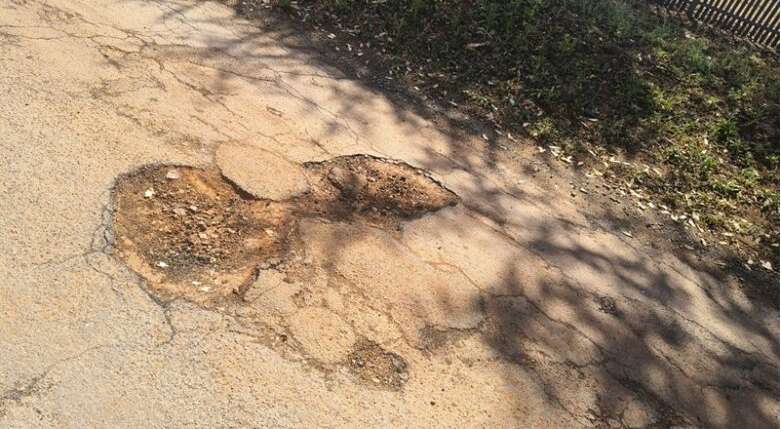
Advertising
29-08-2025
Read : 343 times
Pretoria Rekord
Source
Frustrated Wonderboom residents feel abandoned, saying poor road conditions damage vehicles, endanger families, and highlight unequal service delivery across different communities.
Residents of Erras Street and Melt Marais Street in Wonderboom, north of Pretoria, are at their wits’ end over the crumbling roads.
They complain the roads are riddled with potholes, and days after being patched these often reappear.
They argue the metro has become negligent in its repair work.
Frustrated locals have resorted to repairing potholes themselves in a desperate bid to make their streets drivable.
Ward 50 Councillor, Lenise Breytenbach, recently conducted an oversight visit to the two streets and described the conditions as ‘shocking and unfair’.
She said the state of the roads reflects a broader failure of equal service delivery across the metro.
“It looks terrible. Our residents are paying rates and taxes, yet they are forced to live with dangerous, crumbling roads.
“They deserve the same level of service as every other community in Tshwane. This is not equal treatment,” Breytenbach said.
Anger is palpable among residents who feel abandoned. Many said they are tired of reporting the same potholes repeatedly, only to see temporary fixes that fail within days.
Resident Ben Minnaar said that either they fix the potholes themselves, or risk damaging their cars every day.
“This road would have been better if it were a gravel road, but now it’s difficult because it’s sort of a mixture between the two [tar and gravel].
“Or maybe they are neglecting us because we are at the plots and not much is being done around this area, besides the Wonderboom National Airport,” he said.
Residents believe the problem runs deeper than just potholes. To them, it’s about fairness and accountability.
Adele Petrus said, “We pay the same as everyone else, but we don’t get the same level of service. It feels like they are focused on the urban areas and overlook us here”.
The two streets are riddled with potholes and cracked surfaces, and have poor drainage.
According to Breytenbach, these conditions not only damage vehicles but also lower the value of property in the area.
“Residents are effectively subsidising the metro without receiving the services they are paying for. This kind of neglect deepens the divide between communities and creates mistrust in government,” she added.
Part of the frustration stems from the metro’s slow response. Minnaar said service requests are logged, but teams either don’t arrive or provide temporary solutions that fail within days.
“It’s not just about potholes being filled, it’s about doing the job properly the first time.
“We need long-term solutions, not quick patches that wash away with the next rainfall.”
Breytenbach said, “People are fed up. Roads may seem like a small issue, but they affect everyone, families, businesses, schools, and emergency services. Broken roads mean broken trust.”
Tshwane spokesperson, Lindela Mashigo, said the municipality repaired just under 500 square metres of potholes in Erras and Melt Marais Streets between September 2024 and this July.
“For a short-term plan, the metro utilises internal teams to do reactive [or] routine maintenance of the road infrastructure network, which is performed more frequently to address minor issues and prevent major problems.
“This type of maintenance focuses on smaller, more frequent tasks like pothole patching, street cleaning, road marking and stormwater cleaning. The region is responsible for this function with their internal depot teams,” he said.
Mashigo said for long-term planning, the metro performs periodic or planned maintenance of roads. This refers to large-scale, infrequent maintenance activities aimed at preserving the structural integrity of the road.
It involves rejuvenating the road surface and repairing long stretches of badly damaged road (rehabilitation), typically occurring at intervals of several years.
He said alternative routes are planned accordingly, as and when there are road closures due to the rejuvenation of road surfaces and repairs of long stretches of road.
“Residents can fix potholes through the community uplifting precinct programme, so that the local communities can enter a formal arrangement with the municipality.”
Mashigo said the following factors contribute to the damage of the road infrastructure:
– Ageing of road infrastructure due to delayed periodic maintenance.
– Increased traffic causing rapid deterioration of the road structure.
– Roads deteriorate rapidly if heavy goods are transported by road, rather than rail.
“As a result, the regional internal teams are inundated with a high volume of pothole complaints and this results in a high volume of backlogs.
“Due to the strained and limited resources of the teams, this contributes to delays in addressing the repairs within the norms and standards,” explained Mashigo.
He said the metro has a computerised system, where all reported potholes are logged and receive a reference number for tracking.
“We are inundated with an influx of complaints due to the state of the road condition, and these [have resulted] in a high volume of backlogs in Wonderboom and other surrounding areas.
“Due to the strained and limited resources of the teams, this contributes to delays in addressing the repairs.”
Recent News
Here are recent news articles from the Building and Construction Industry.
Have you signed up for your free copy yet?
